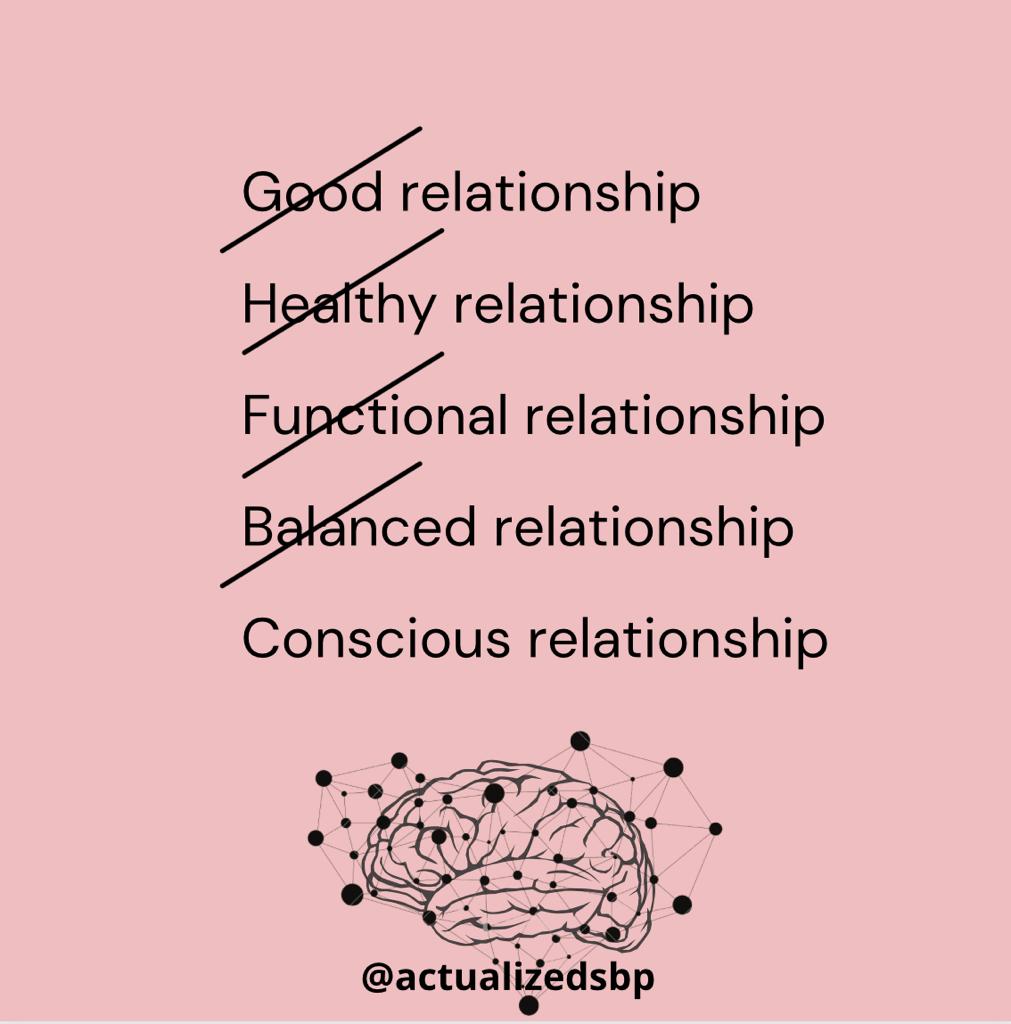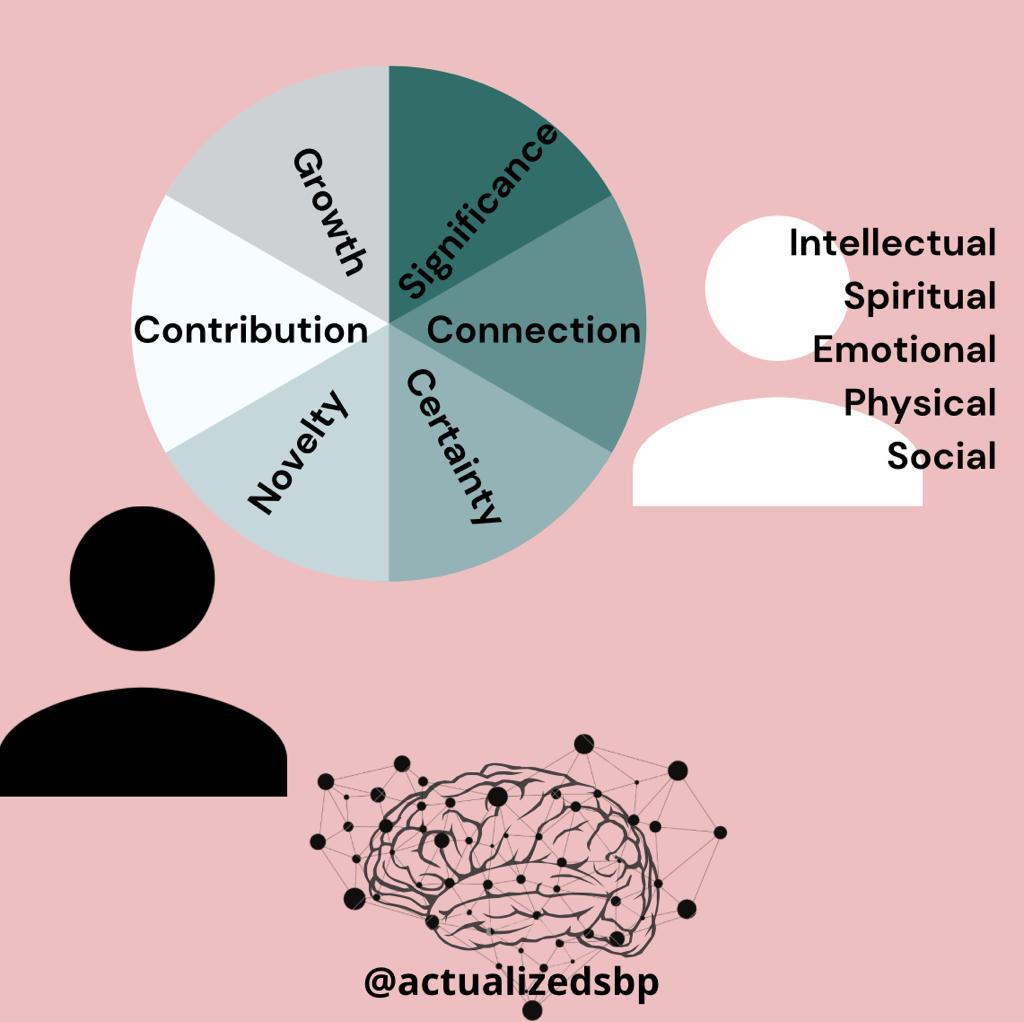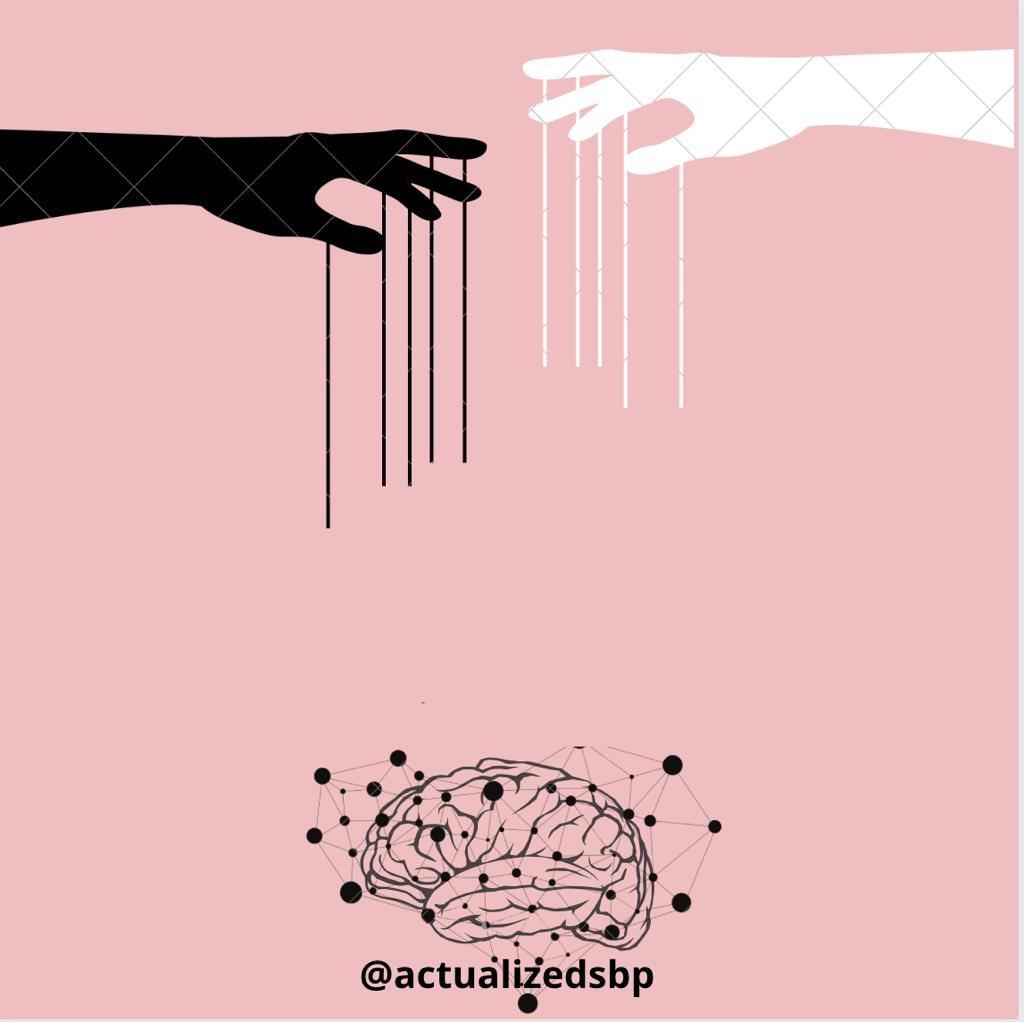The Secret to Every Good Relationship
Publish date: 2021-11-01We all want good relationships, don't we?
For some good may be something like mad sex, fun times, and someone to help us get through the tough times.
Others may think of something like attraction , connection and compatibility.
Some may articulate their thoughts around a good relationship as a non-judgmental, caring, understanding yet challenging environment.
Others may simply say, easy.
So while we all have this abstract idea about what good may be, not all of us have a clear definition of what “good” actually means to us.
Not having this internal clarity leads to many of us stepping into things with a level of excitement, passion and interest and walking away just as quickly because of “something” that just doesn’t feel right but we can't put our finger on it.
Many of us on the other hand continue the course unfulfilled, dragging ourselves from one day into the next.
Here’s a playlist you can listen to relax while reading.
What makes a good Relationship?
We are social beings. Most, if not all, strive for love and connection and thrive in diversity. But we also value individuality. What we accomplish and achieve in life rewards us with things such as stability, significance and growth.
It is our sense of success and fulfillment around these areas that will influence how satisfied we live life and the degree in which we feel satisfied when we leave this life.

A good relationship is a healthy relationship. A healthy relationship is a functional relationship. A functional relationship is a relationship that works in balance. As cut and dry as it sounds, this is the underlying structure behind any good intimate relationship.
Although balance is subjective.
A balanced relationship is one where both partners feel comfortable, valued, and supported, despite the differences. In such a relationship the two are not only investing in their own individual growth, but also feed into the dynamic energy and supportive information that allows the relationship to take shape and progressively grow into a place of blissfulness. This is where the needs and desires of both individuals are understood, considered, and met.
Our upbringing, background and experiences shape our worldview, priorities, and habits and the way we interact with the world outside. The ability to develop relationships where you can have space for yourself and the other person(s) involved is important, because it will allow you to continue to build, improve and meet your needs and desires through and within the relationship without losing your sense of self.
Love and bonding in relationships happens in stages. So does separation.
As much as relationships require compromise, things can turn ugly when either one feels unheard and like they are sacrificing their own values, needs and desires to be in a relationship with the other person.
In fact, most friendships and partnerships, that in one way or another start off as mutually desired, hit the lows when either party feels restrained and out of balance.
This could be due to a wide variety of surface level reasons. Reasons that our vulnerable-self generates as a form of protection, but at the very core this is due to the presence of an unmet emotional need that we are conscious or unconscious about. This creates internal and external dissonance and brings up unhelpful feelings such as resentment, regret, and frustration which eventually lead to separation. A separation which starts within you and ripples into the different areas of your life.
Neglecting your emotional needs for too long will sooner or later manifest in your relationship dynamics with others. A gradual disconnect that subsequently reflects in your attitude and behaviour in ways like emotional, mental, physical, spiritual, or social withdrawal. This is a disservice to you, the relationship and the other person.
Finding your Balance
Developing a culture for your relationship where qualities such as interdependence, fairness, and compassion are nurtured requires the engagement of all parties involved. Life is an experiential process and whether you like it or not, for the most part you are the creator of your experiences. It is a choice to be a self starter and not a push start machine.
Whether you’re here because you have realized that a part of your life is out of balance, you're not quite sure if you have a balanced life or you're just unhappy with the results that you have created and want better out of life, taking this initiative can support you in shifting from blame games and a victim mindset to a conscious creator.
Knowing that we all have a choice in what we experiment with and further explore, makes creating awareness around the intentions and the motive behind your choices and decision-making process important.
In order to be able to realize a balanced relationship with others the first step is actualizing one such relationship with yourself. In other words, you can experience balance with others once you have experienced it with yourself.
You might be wondering, where do I start from? What does this entail and what does the process look like ?
Whether you’re conscious of it or not, you have been navigating your life through a set of habits that have been created, established and continue to exist because of a supportive structure that's been formed and fortified throughout your existence.
|
Consciousness is a result of conscious experiences. Conscious experience is when you choose how you show up and decide how things impact you. To have more conscious experiences you need to take a look at your joy, fear, pleasure and pain points and shift your thinking about them. It also requires you to work through the emotions that you have suppressed as well as the repressed emotions stored in your subconscious mind. The subconscious mind is where we hold all our natural and learned thinking patterns, feelings, and automatic behaviours. It's where all our ideals, values, skill sets, habits and beliefs are stored. Training Your Subconscious Mind requires intentional work. This means using the conscious mind to bring to the surface deeply-rooted patterns that you are oblivious to and work through them. This means going in and understanding how your emotional brain perceives the world and intentionally working on examining, defining and refining the validity of your internal filtering system. |
There’s no one size fits all strategy but it all starts with you taking the initiative to make a personal and relational health assessment and gain some clarity around your current state.
Personal and Relational health assessment:
Personal health pertains to our ability to meet emotional, physical, intellectual, spiritual, and social desires and goals around our core needs (certainty, novelty, significance, love and connection) and higher needs (growth and contribution). This in turn, determines our success in creating and living an internally and externally balanced life.

What signifies balance differs from one person to another. We usually associate internal balance with our ability to interact with the external world in a harmonious way without infringing on the things we value and the standards and principles that we live by.
We usually measure our level of satisfaction with our external balance with how well we manage different aspects of our life (e.g. home, career, finance, entertainment, and relationships). In other words we like to sustain and keep things in control and order.

We are multidimensional beings and our relations go beyond the connections we make with other people and encompass our relation to anything and everything that one can realize and conceive in life.
Relational health encompasses how good the relationship you have with yourself is and also how well you relate to various concepts, elements, and aspects of your life (e.g. beauty, love, death, needs, values, beliefs, standards and…).
Where to Start:
- Define what balance means to you.
- Create awareness around your needs, desires, and intentions.
- Gaining clarity around your priorities can greatly support your personal and relational health.
- Identify what it takes for you to feel psychologically, physiologically, socially, and spiritually balanced.
- Identify how these needs could translate into tangible results in your life.
- Determine what you consider to be important when meeting your emotional needs through your social, intellectual, spiritual, and physical goals.
- Develop emotional literacy so you can articulate the things you want to experience by listing the qualities that you like to have and embody.
A few final thoughts on Balance
- Balance is not static, it's dynamic. It requires continuous adjustments.
- In terms of individual life, it depends on the stage you are in life . In other words, as you grow older your needs and desires evolve and so does your opinion about what it means to live a balanced life.
- In terms of relationship, it depends on the developmental stage of the relationship and ties into the areas that the relationship is active in. As the relationship grows over time you need to adapt and make adjustments. For instance, if the relationship has passed the dating and discovery phase and grown into some sort of commitment, or say for instance it has moved from a business dynamic to friendship or a romantic duo , the notion of balance will change. This requires that The two people in a relationship have a talk about the areas that they are content with and discuss the areas that they want to work on and make adjustments to.
- Balance is context dependent. What you define for yourself as balance in let’s say a social interaction may very well be different from what you consider as balance in a more private and intimate interaction or a business dynamic.
- Balance is perception-based. Your opinion about what balance means may be different from another person’s opinion.You may be working on balancing an area in your life like your physical health or family relationships while another person may be working on creating balance in their career, finances or romantic relationships.
- Balance is influenced by the area you are facing the biggest challenge in and the area that you find most pleasure in. You may have the biggest challenge in your relationships while finding pleasure in solitude.
- The balance you feel internally will impact what you perceive as balance in your external environment. In other words, ignoring your feelings and detaching from your internal world will cause you to feel lonely, disconnected, and out of balance in your external environment
- Treat balance as a verb not a noun or an adjective.
I’m Ivy, let’s work together…..You and Me. In my future post I will introduce you to a set of tools and models to help you use this material.